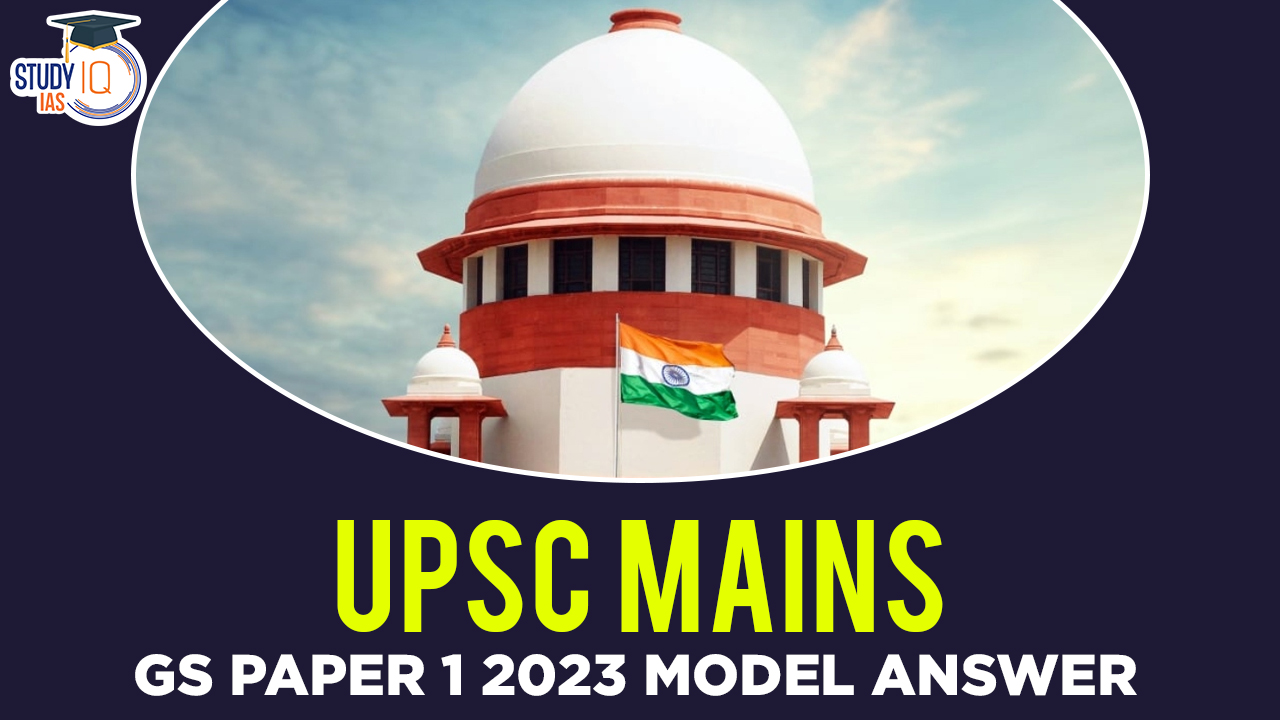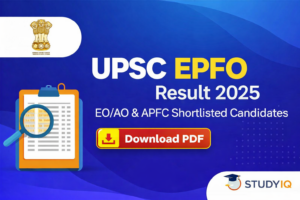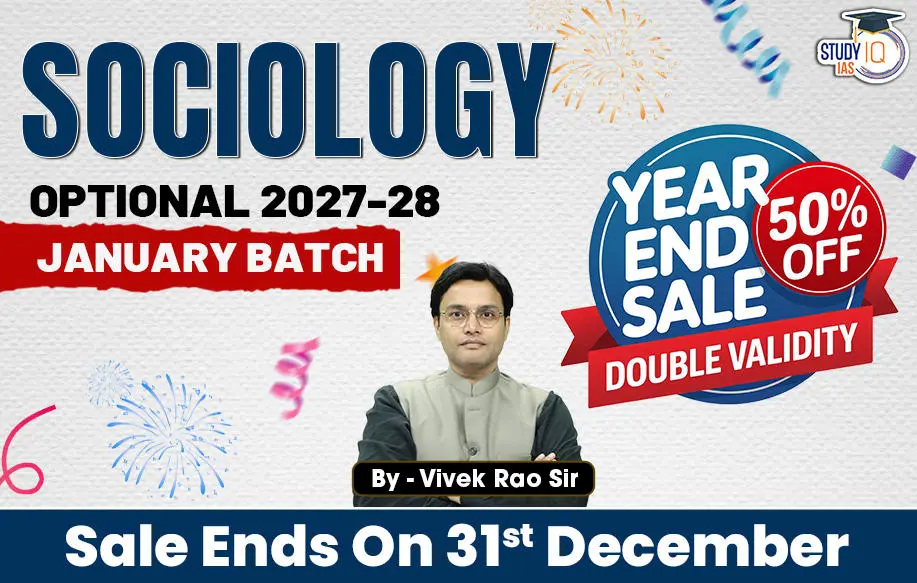Q20. Discuss the impact of post-liberal economy on ethnic identity of communalism. (15m) – Society
संजातीय पहचान एवं सांप्रदायिकता पर उत्तर-उदारवादी अर्थव्यवस्था के प्रभाव की विवेचना कीजिए।
Introduction
A post-liberal economy, often referred to as a “post-neoliberal” economic model, represents a departure from the principles of classical liberalism and neoliberalism, which prioritize minimal government intervention, free-market capitalism, and the reduction of government regulations in economic affairs.
Body
Impact of a post-liberal economy on ethnic identity:
- Economic Disparities: post-liberal policies such as reservations in education and employment aim to reduce economic disparities among ethnic groups, ensuring that historically marginalized communities have access to resources and opportunities.
o E.g.: the reservation system provides quotas for Scheduled Castes and Scheduled Tribes in government jobs and educational institutions, addressing historical economic imbalances.
- Cultural Preservation: India’s post-liberal economy has seen the government support cultural preservation efforts.
o E.g.: the promotion of traditional art forms and heritage sites through initiatives like “Make in India” and “Incredible India” not only boosts tourism but also strengthens the cultural identities of various ethnic communities.
- Political Mobilization: In India, post-liberal economic policies have led to political mobilization among ethnic groups.
o E.g.: The rise of regional and caste-based political parties, such as the BSP in Uttar Pradesh or the DMK in Tamil Nadu, reflects the pursuit of ethnic interests in the political sphere.
- Urbanization and Migration: These may promote cosmopolitanism but also dilute traditional ethnic cultures.
o E.g.: Urban development hubs in cities like Bangalore and Hyderabad bring together diverse ethnic backgrounds, leading to a blend of identities.
- Social Cohesion and Tensions: Policies can either foster cohesion or trigger tensions, depending on implementation and perceptions.
o E.g.: Mandal Commission’s OBC reservation led to both cohesion and tensions as it uplifted marginalized communities but sparked debates.
- Globalization: It can influence cultural practices and economic opportunities, impacting ethnic identities.
o E.g.: Globalization exposes Indians to Western culture, impacting ethnic identities. Urban areas become more cosmopolitan, while rural areas maintain traditions.
Impact of a post-liberal economy on communalism:
- Fostering Communal Values: These policies can align with and support community-based practices and traditions.
o E.g.: Supporting traditional weaving in Varanasi and cooperative farming in Tamil Nadu.
- Empowering Communities: Local initiatives can strengthen communal bonds and promote self-reliance, especially in rural areas.
o E.g.: Success of women’s self-help groups in Kerala.
- Mitigating Economic Inequality: Such measures can help alleviate economic disparities rooted in communal lines.
o E.g.: Affirmative action policies, like reservations in education and government jobs for marginalized communities.
- Preserving Social Cohesion: Existing safety net programs can help maintain social unity during economic challenges.
o E.g.: NREGA’s role in preventing economic distress in rural areas.
- Addressing Communalism Challenges: Political exploitation of communal identities continues to pose difficulties.
o E.g.: Political exploitation of religious or caste-based divisions.
- Influencing Political Dynamics: Politics can play a pivotal role, either exacerbating or mitigating communal tensions in response to post-liberal policies.
o E.g.: Communal rhetoric and alliances in Indian politics.
- Encouraging Civil Engagement: Post-liberal policies may stimulate communal interests and values through civil society organizations.
o E.g.: NGOs like SEWA empowering marginalized women in Gujarat.
A post-liberal economy departs from classical liberalism and neoliberalism, emphasizing government intervention, social equity, environmental sustainability, labor rights, local development, public infrastructure investment, industrial policy, and financial regulation.
Check out the UPSC Mains GS Paper 1 2023 Analysis with detailed expatiation of the topics of Mains GS Paper 1 By the Study IQ Experts


 UPSC CDS 1 Final Result 2025 Declared: D...
UPSC CDS 1 Final Result 2025 Declared: D...
 UPSC EPFO Result 2025 Out: EO/AO and APF...
UPSC EPFO Result 2025 Out: EO/AO and APF...
 UPSC CSE Interview Schedule 2025: Dates,...
UPSC CSE Interview Schedule 2025: Dates,...

























